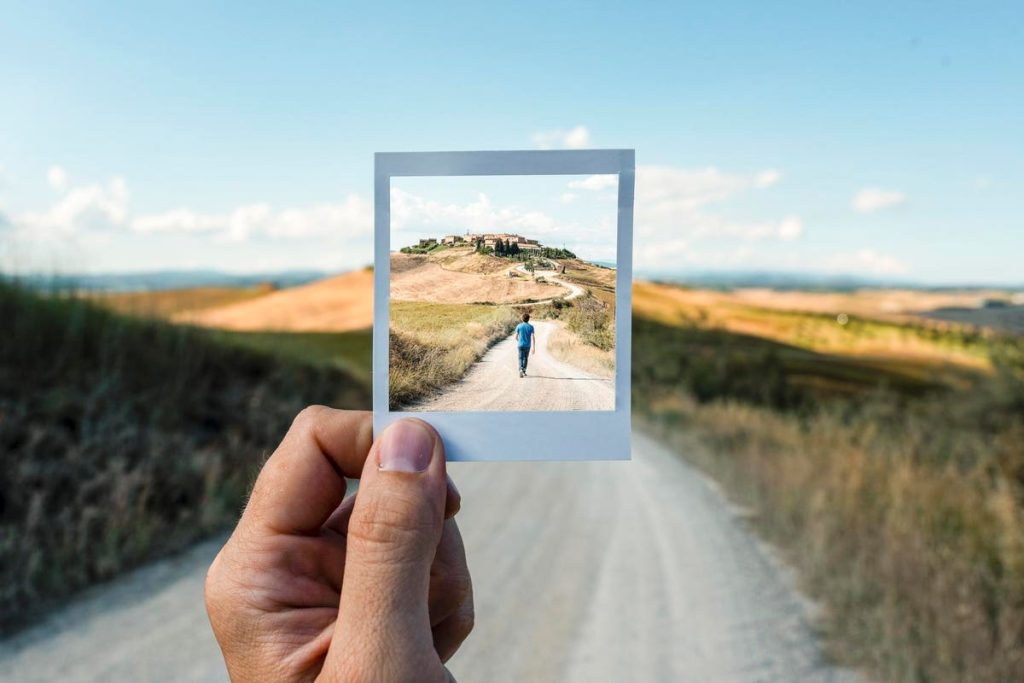By Natalie Pierce, Head of the Global Shapers Community, World Economic Forum
People all over the world are stepping up to confront the greatest challenges of our time, from climate change to inequality and conflict — and Wanjùhì Njoroge is one of them. This is her story.
Wanjùhì was raised in Kenya’s Nyeri County, in a rural town that sits at the foot of Mount Kenya. She was always passionate about conservation, yet witnessed the continued destruction of nature. She knew she wanted to change the course of her community’s future.
In 2015, Wanjùhì joined the Nairobi Hub — an initiative of the World Economic Forum’s Global Shapers Community — a network of innovators, activists, entrepreneurs and changemakers, under the age of 30, who work together to advance local solutions to pressing challenges in more than 500 city-based hubs in 150 countries and territories.
“Climate change is the greatest challenge of our time, with rising temperatures and ecosystem degradation threatening life as we know it,” Wanjùhì says.
“Deep down I knew I needed to speak up, take a stand, and lead my community to restore and protect our great assets. The Global Shapers Community gave me the confidence not to wait for someone else to act – but to test my own leadership skills and support others to do so too.”
As a Global Shaper, Wanjùhì gained access to unique learning opportunities including hands-on experiences to develop practical skills for leading positive social change. Exposure to the World Economic Forum and its network of experts and leaders put Wanjùhì face-to-face with decision-makers and offered a platform to amplify her ideas.
In 2018, Wanjùhì and other changemakers in the Nairobi Hub organized one of the largest-ever environmental campaigns in Kenya’s history, dubbed #SaveOurForestKE. That campaign led to a total ban on forest harvesting.
Wanjùhì would later go on to create multiple social enterprises to support rural communities, protect national forests and empower other young women and girls.
In 2022, Wanjùhì pushed further. She ran in the 2022 Kenyan general election for the Nyeri County Member of Parliament. She said: “While I may not have won the race, I succeeded. I demonstrated the power of youth in action. Our generation can reach the highest levels of leadership. We can influence decision-making, starting right now.”
This week, the Global Shapers Community hosts its annual summit, welcoming 500 young local leaders like Wanjùhì to Geneva, Switzerland. Participants will discuss local challenges, debate leadership approaches and share best practices for action.
Here are three ways the Global Shapers Community is creating lasting change:
1) Giving young people a seat the table.
Young people like Wanjùhì are increasingly seeing decisions being made at the expense of their future. That young generation is now demanding to be listened to. The Global Shapers Community rectifies this by providing the training, support and platforms youth need to realise their full potential and participate meaningfully in decisions about their future.
Since 2011, the Global Shapers Community has integrated hundreds of young people into international agenda-setting meetings where critical decisions are being made – including the World Economic Forum Annual Meeting in Davos, the United Nations General Assembly in New York and the United Nations Climate Change Conference.
“I believe young people are central to solution-building. Now more than ever, we need the energy, ingenuity and vision of youth as we seek to tackle the formidable, but not insurmountable, challenges we collectively face,” said Klaus Schwab, Founder and Executive Chairman of the World Economic Forum and the Global Shapers Community.
By giving young people a seat at the table, not only do we recognise the important and diverse lived experiences, emotions and expertise of the next generation — but we also ensure solutions are informed by those who will inherit them for the long-term.
Young leaders visiting Geneva, Switzerland, this week will not only gain exposure to the multilateral system and international organizations that operate here for the global good — but they will also develop the know-how to influence decision-makers within them.
2) Accelerating youth efficacy and action.
In 500 cities, from Atlanta to Accra and Zurich to Zagreb, members of the Global Shapers Community work together to implement projects that address the needs of local communities.They respond to disasters, lead climate action, accelerate reskilling, shape technologies and embed equity into economies and societies.
To date, Global Shapers have implemented over 2,500 grassroots projects supporting two million direct stakeholders and engaging more than twelve million people worldwide. The results of these projects are outlined in the community’s Decade of Impact Report.
The impact of the community, however, extends far beyond project outcomes. Perhaps the most important — and yet hardest to quantify — impact is the individual and collective efficacy acknowledged by members throughout the change-making process.
“Being a Global Shaper is not a title, recognition or achievement,” she says. “It is a mindset. It is about actively shaping the world around us by cultivating meaningful connections where we live and work. It’s about identifying where we have influence and rolling up our sleeves to make change happen. And magically, as we reimagine and rebuild our communities, we start to see what is possible and who we are capable of becoming.”
The Global Shapers Summit seeks to expand horizons, raise ambitions and propel young leaders forward with new skills and solutions to bring ideas to scale.
3) Demonstrating that global participation is possible.
Global Shapers are from all walks of life. Members are active in over 500 cities, rural areas, refugee camps, polar regions and small islands. Yet the community is defined less by its differences and more by its shared passion, values, interests and experiences.
Wanjùhì says: “I am just one of 30,000 Global Shapers past and present who share a similar outlook. Our generation wants new leadership that is capable of tackling insecurity, inequality and ecological emergency. Global Shapers around the world recognise that we need to be the change that we want to see. We have to advocate and organize, to advance our common values, and fight for our future — together.”
In our current geopolitical context, difference is often used to divide us. Yet, the Global Shapers Community uses its diversity to demonstrate how we can accelerate collective action through global solidarity and people power. It is an open decentralised network that invites the participation and collaboration of youth at every available opportunity.
“Coming together as Global Shapers necessitates that we understand and respect experiences and viewpoints that do not mimic our own. This is one of the most valuable lessons you can from this community. By design, every member must embrace diversity, equity, inclusion, representation and an overall sense of belonging,” concludes Wanjuhi.
The Global Shapers Summit will bring its members together to celebrate our differences, find common ground and join forces to take on the biggest challenges of our time. Global Shapers believe change starts one person and one community at a time, and this week 500 young people will take major steps towards making this vision a reality.
Follow the official hashtag #ShapersSummit on Twitter, Facebook and Instagram for coverage of the Global Shapers Summit and watch livestreamed sessions on LinkedIn.
Read the full article here










